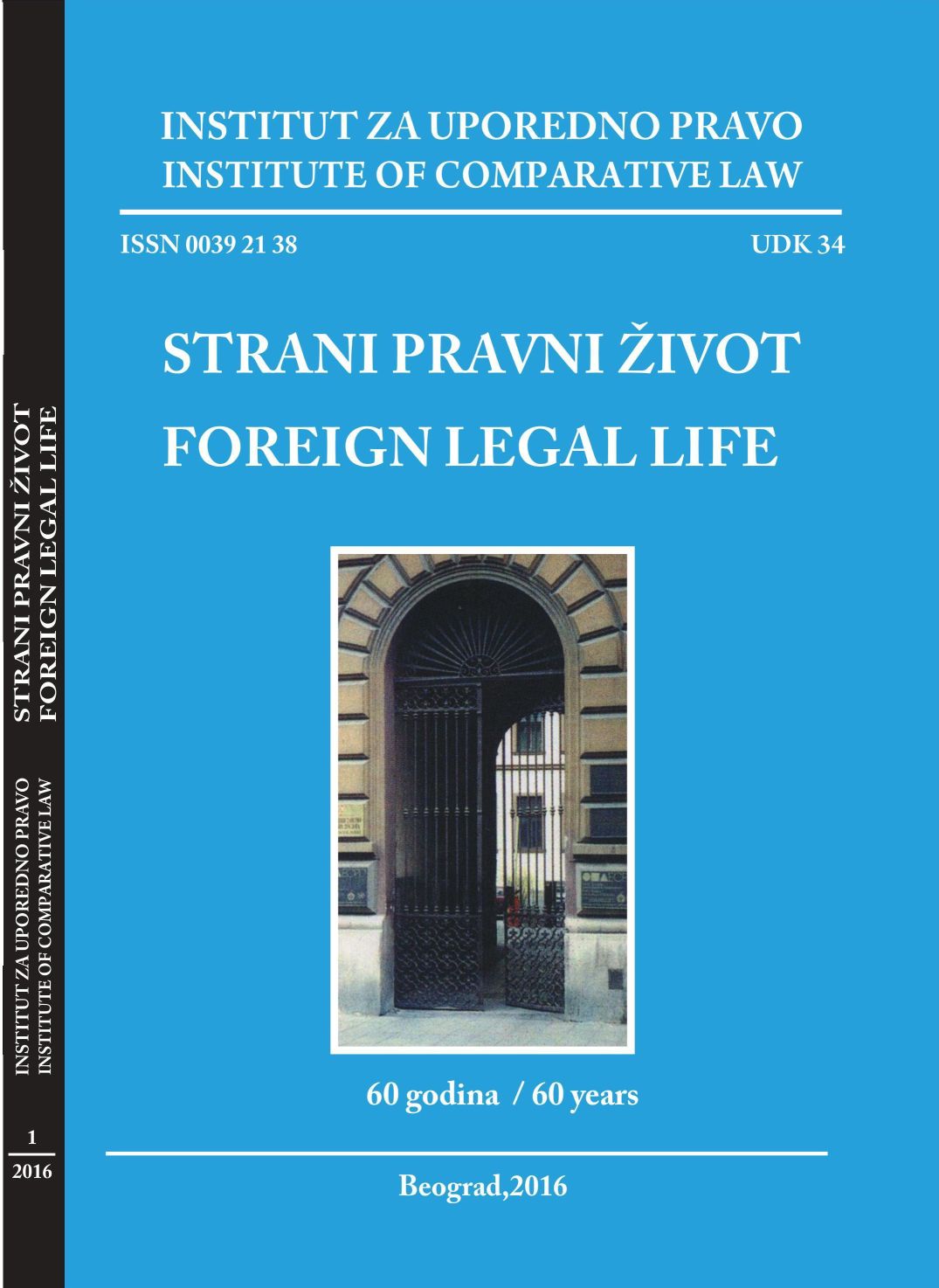Kriminalitet maloletnika - stanje u svetu i u Srbiji
Criminality Of Juvenils – Situation In The World And In Serbia
Author(s): Jasmina Igrački, Ljeposava IlijićSubject(s): Criminal Law, Studies in violence and power, Health and medicine and law, Penology
Published by: Institut za uporedno pravo
Keywords: crime; juvenile delinquency; delinquency; violent offenses; criminal sanctions; prevention;
Summary/Abstract: Socially unacceptable behavior of young people has changed, over time, both in the forms of manifestations and in terms of causes and conditions which may lead it. Juvenile crime is negative, dynamic social phenomenon which represents the activity of one or more persons in a given period of time and space, conditioned by certain social relations and recognized by the legislation, whose disregard for and violation of the products and adequate criminal penalties. The study of the causes of juvenile delinquency includes two major, interrelated areas, which can be divided into objective (socio-economic) and subjective factors. Objective factors related to the study of the social conditions of criminal behavior of juveniles and the formation of personality under the influence of these conditions. Subjective factors include psychological characteristics of the personality of the minor, specific for intelligence, temperament, character, emotions, motives, attitudes, habits, preferences, primarily due to the specific characteristics of puberty and adolescence as an important phase in the development of personality. The World Health Organization estimates that annually around the world, young people aged 10 to 29 commit about 200,000 homicides, representing 43% of the total number of murders that are committed in the world each year. Only this indicates a serious social problem in the control and prevention of juvenile crime at the global level.
Journal: Strani pravni život
- Issue Year: 2016
- Issue No: 1
- Page Range: 185-200
- Page Count: 16
- Language: Serbian

